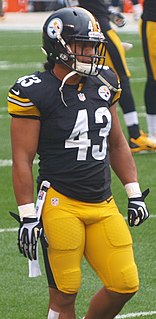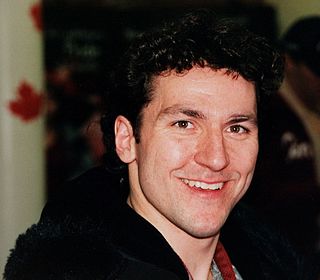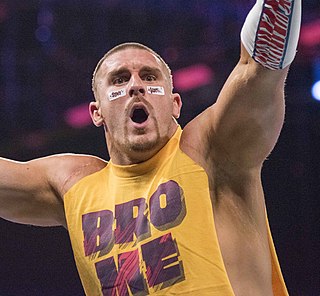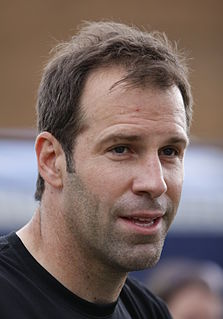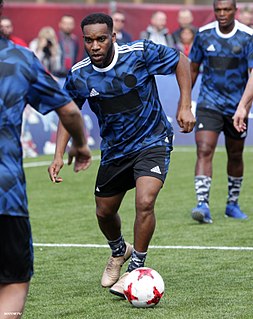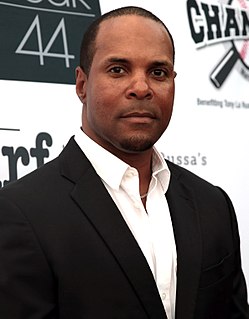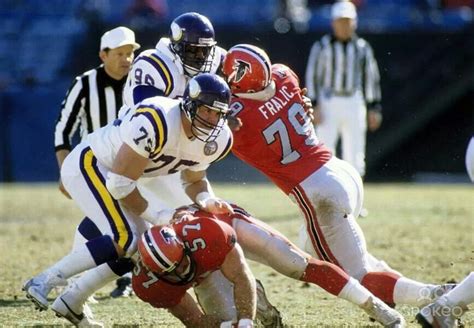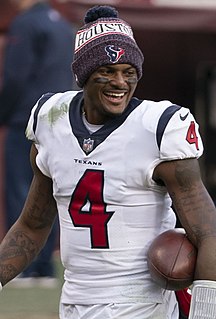A Quote by Troy Polamalu
Injury in general teaches you to appreciate every moment. I've had my share of injuries throughout my career. It's humbling. It gives you perspective. No matter how many times I've been hurt, I've learned from that injury and come back even more humble.
Related Quotes
Not many people know, but my joints are extremely hypermobile, and that's why I'm more prone to injuries. That's why most of my major injuries were with the joints. I had a career-threatening wrist injury where picking up a fork to feed myself was a problem, and the thought of playing tennis again was so far from my mind.
I feel like a new person. I learned how to deal with people when I wasn't a football player. I always wondered how they'd react to me, if they'd respect me. I found out I have other attributes that I like-and that others like. The injury made me a lot more mature. I have a better grasp of reality in life. I'm more patient and giving. I'm a lot closer to my family and more team oriented. I'm so much stronger emotionally. I have proven to myself that I can overcome the most dreaded injury in football. It's almost like dying and realizing life has been given back to me. I can't wait to play.
It's not just professional athletes and soldiers who are at risk from traumatic brain injury. More than 1.7 million people a year sustain a traumatic brain injury, and about 50,000 of them die each year, according the Centers for Disease Control. There are both emotional and financial costs from these injuries.
